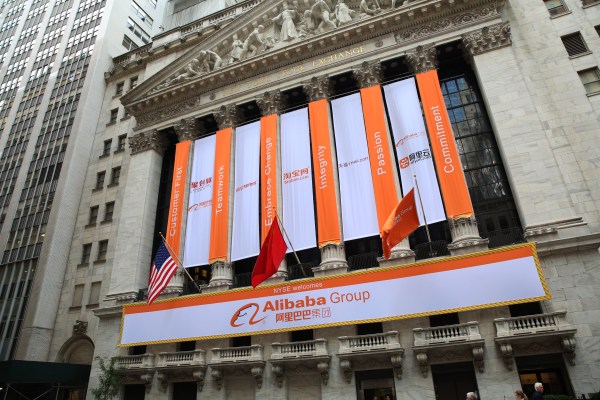GGV Capital co-founders Thomas Ng and Joel Kellman got to know Jack Ma in 1999, in the early days of Alibaba when the company was just starting up in a small apartment in Hangzhou, China.
Fifteen years later, firm co-founder and managing director Hany Nada can only marvel at what his partners’ investment has wrought. Although no longer a major player in the company’s fate, GGV Capital was witness to the company’s earliest days, and watched how Jack Ma parlayed his marketplace for buyers and sellers into a global business which spans web services, payments, e-commerce, online-to-offline shopping, a mobile operating system, along with investments in ride-sharing companies, online video companies, music streaming services and much more.
“When we first met Jack, his vision was about making the pie as big as possible,” says Nada. It’s a sentiment that Ma has carried from his earliest days as an entrepreneur to the floor of the New York Stock Exchange, where in an interview with CNBC he said:
“Today what we got is not money what we got is the trust from the people. Millions of small businesses, so many shareholders. I am very honored and so excited because when you see these shareholders, the responsibility I’ve been thinking about the next five to ten years, how I can make sure these shareholders are happy,” Ma told CNBC.
GGV Capital made 40 times its original $8 million investment in Alibaba, which managed to boost the firm’s first fund’s returns to four times the capital invested (without Alibaba the firm still would have returned two-and-a-half times the capital committed).
Nada says the return would not have been possible if Ma had not been had the spirit of inclusion that extends beyond his vision for his company’s customers but to its other executives and (at least initially) its partners as well.
That includes the somewhat tumultuous relationship between Alibaba and Yahoo, whose $1 billion investment in 2005 into the Chinese e-commerce company Nada still considers the most successful investment by a Western company in China.
“Most tech companies that are trying to go into China… they just do it wrong,” says Nada. “They spend hundreds of millions of dollars and have a local competitor outmaneuver them.”
Yahoo made a very successful and astute observation, says Nada, which was the company’s decision to enlist a strong partner to enter China’s market. “The biggest lesson [from Alibaba]… if you want to be successful in Asia it has to be through a strategic investment like the one Yahoo did with Alibaba.”
Nada thinks that it’s hard for a foreign company to gain significant traction in China because the Chinese ecosystem is so protected. However, Chinese companies have an equally difficult time entering international markets because of the cultural differences between nations. What is certain, says Nada, is that Ma and his executive team have only begun to test the waters in the U.S.
“They’ve done dozens of investments in the U.S.,” says Nada. “Some have been made public and some have not… They haven’t made their major push yet. Once they figure out and commit to a vision, they’re going to execute and they’re going to execute something big.”
